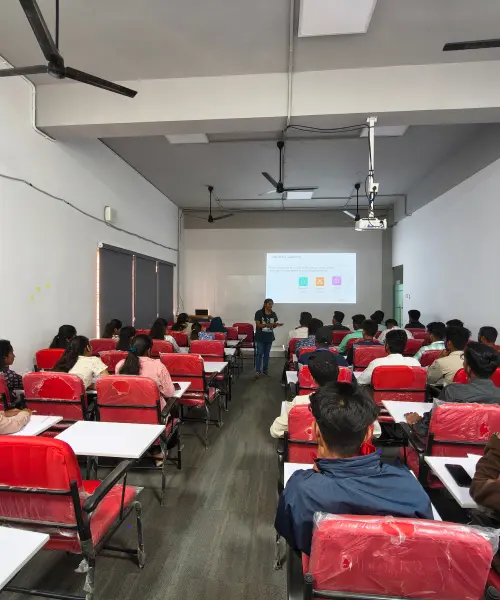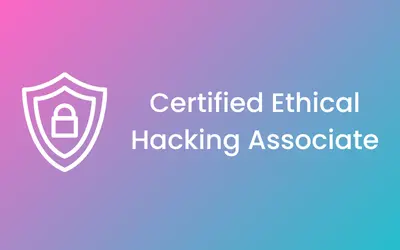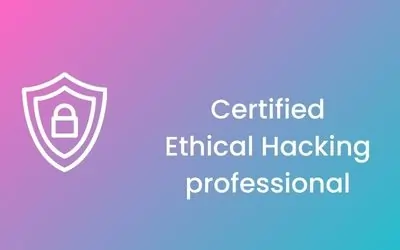CYBER SECURITY TRAINING IN GHAZIABAD
-

-
(12705 Reviews)
-
Career Opportunities: Explore exciting job opportunities in Ghaziabad’s cyber security sector. Get ready for roles like security analyst, ethical hacker, and more in this rapidly growing field.
-
Key Skills for Success: Learn essential skills such as network security, ethical hacking, and incident response to excel in the cyber world. Prepare yourself to safeguard businesses from evolving online threats.
-
Practical Experience: Gain valuable hands-on experience through internships with top companies in Ghaziabad. Build your skills and confidence to secure a successful future in cyber security.

























